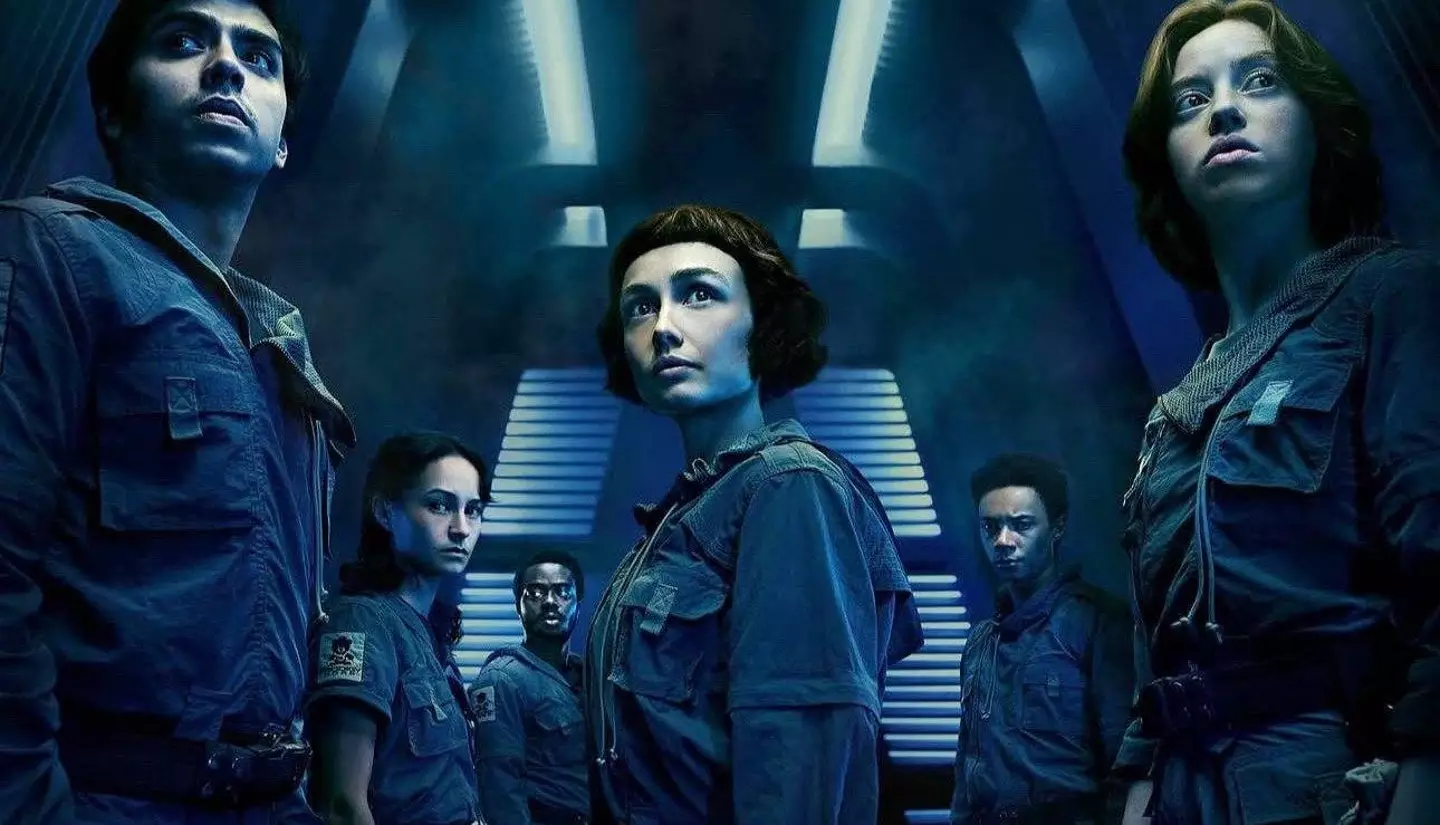
In streaming services, no one can hear you scream. That seems to be the mantra of Noah Hawley's Alien: Earth, although the freshman season of the sci-fi slaughterhouse has plenty of screams.
We'd already seen Disney land a huge hit with Alien: Romulus being a much-needed return to form for the shambling franchise of Xenomorphs and Chestbursters, but this was just the start of the renaissance.
Announced back in December 2020, Fargo's Hawley was confirmed as the mastermind behind a new Alien TV series, which would eventually evolve into a story that's set some two years before the events of Ridley Scott's original Alien. We've already dabbled in this period of the franchise with prequels like Prometheus and Alien: Covenant, but even 47 after Scott's masterpiece had viewers hiding behind their hands, it's amazing how modern it feels.
Alien: Earth expands this mythos with its own futuristic ideas. While androids have been part of the Alienverse since Ian Holm's Ash was revealed as a rogue robot in the OG, Alien: Earth presents plenty of innovative ideas in 2025.
Advert
One of Alien: Earth's big themes is the idea of transhumanism. This comes from the core cast largely being made up of a group of terminally ill children who have their consciousness transferred into adult robots.
Even the world's most advanced humanoid robot is still a million miles away from Sydney Chandler's Wendy in Alien: Earth, but according to one artificial intelligence expert, we could be heading that way.
Speaking to Space.com, Dr Hidenori Tanaka admitted that the concept of transferring your brain into a robot to live 'forever' isn't too far-fetched.
The AI and physics expert at Harvard University's Center for Brain Science suggests that we're still a way off from digitizing our consciousness, telling the outlet that we'd need to record everything that's happening in the brain via electrodes or optical measures.
Advert
It would then be a case of replicating a map of the brain that analyzes how the billions of neurons are connected. Science is currently looking at this with the minuscule brain of a fruit fly, looking to upgrade to a mouse, and then the human brain, much further down the line.
According to Tanaka, AI itself could speed things up, although he notes the idea of 'transferring' your mind into a robot isn't what you'd think it is: "We are not trying to say the brain internally should be transferred to a computer or robot.

"But what we have been finding in this interface between AI and brain science is by the act of mimicking how we speak, how we classify images, or how we behave, we are starting to see much closer neural patterns inside of AI's brain and the real brain."
Advert
Giving us a Ship of Theseus analogy where you could argue that the original isn't the original if it has different parts, AI expert Professor Sylvester Kaczmarek says it would effectively be a clone of our brain. This raises the question of what the real meaning of 'self' should be defined as.
Marvin Kopka is an AI-human researcher at Technische Universität Berlin, saying that human consciousness is arguably the biggest hurdle: "We do not even fully know what consciousness is or how it could be measured.”
Back in 2018, OpenAI's Sam Altman admitted he'd invested in a startup called Nectome in hopes of backing up his mind, and while he's convinced it'll happen in his lifetime, Meta Superintelligence Labs' Rohit Patel concludes that impossible to put timelines on this kind of thing. Either way, any future similar to what Prodigy and Weyland-Yutani are doing in Alien: Earth isn't one we want to be part of.